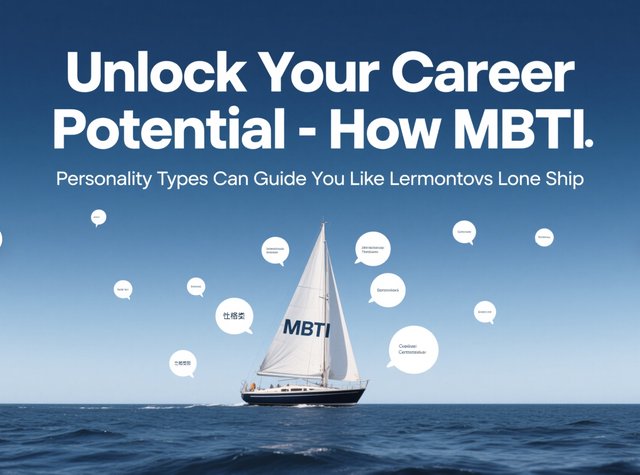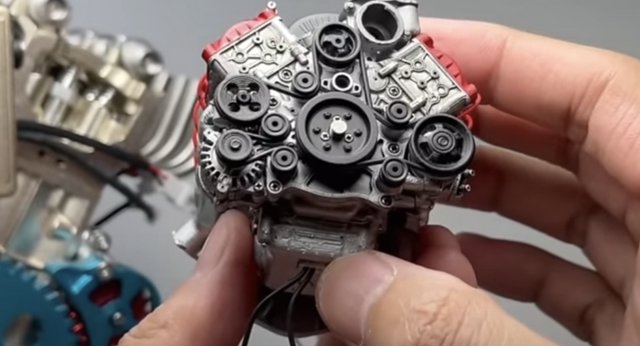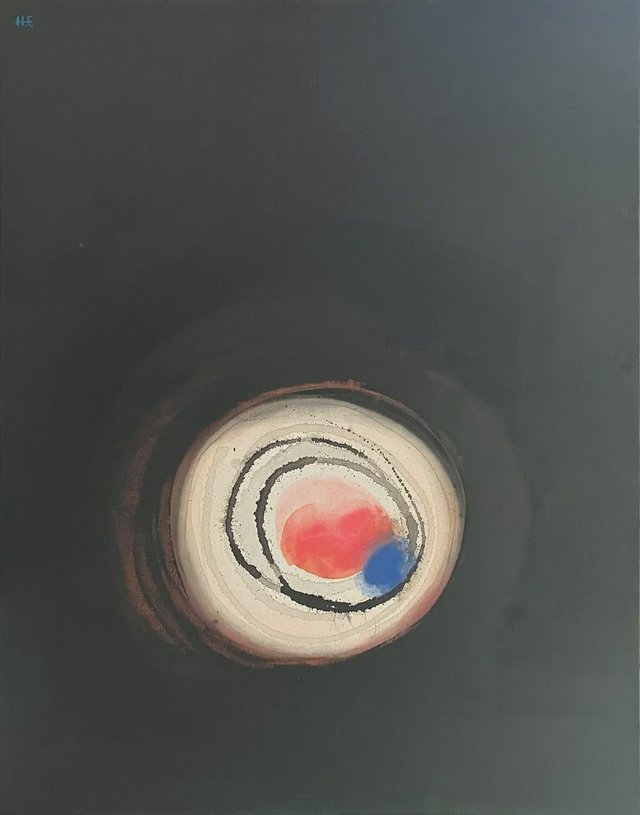Why SelfCompassion Is the Key to Overcoming Regret: An MBTI Expert’s Guide to Emotional Freedom

Regret is a universal human experience, yet few of us know how to navigate it constructively. As an MBTI and career development expert, I’ve observed that regret often stems from a lack of self-compassion—a failure to acknowledge the limitations of our past selves. Here’s why embracing self-compassion is not just an act of kindness but a strategic tool for personal and professional growth.
The Two Roots of Regret: “I Had No Choice” and “I Wasn’t Free”
Regret typically arises from two core feelings: a sense of unavoidability (“I had no better option at the time”) and unfreedom (“I wasn’t thinking clearly”). Understanding these can help you reframe your past decisions with empathy rather than self-criticism.
Unavoidability: The Limits of Past Knowledge
When we look back, we judge our past choices with today’s wisdom—an unfair comparison. The person you were then operated with limited information, experience, and emotional maturity. Harsh self-judgment ignores this reality.
Expert Insight: In MBTI terms, Perceiving types (e.g., ENFP, INTP) may struggle more with regret due to their exploratory nature, often wondering, “What if I’d chosen differently?” Meanwhile, Judging types (e.g., ESTJ, INFJ) might fixate on “mistakes” because of their preference for structure. Recognizing your type’s tendencies can help you contextualize regret.
Key Takeaway: Your past self did the best they could with the tools they had. Growth comes from accepting this, not punishing yourself for it.
Unfreedom: The Illusion of Clarity
Our decisions are often clouded by emotions, desires, or external pressures—factors we rarely recognize in the moment. Only in hindsight do we see how these influences skewed our judgment.
Expert Insight: High Feeling types (e.g., ENFJ, ISFP) may regret emotionally charged decisions, while Thinking types (e.g., INTJ, ESTP) might rue overly pragmatic choices. Neither is “wrong”; both reflect the mind’s natural limitations.
Key Takeaway: Demanding perfection—always rational, always “correct”—is its own form of blindness. Self-compassion means accepting that being human means being imperfect.The Paradox of Future Fantasies
Just as we agonize over the past, we obsess over the future—oscillating between unrealistic optimism (“Everything will work out!”) and paralyzing anxiety (“What if it all goes wrong?”). Both are illusions.
Optimism vs. Anxiety: Two Sides of the Same Coin
Both stem from the same “unfreedom”: a mind projecting desires or fears onto an uncertain future. An Intuitive type (e.g., ENTP, INFJ) might overthink hypotheticals, while a Sensing type (e.g., ISTJ, ESFP) may fixate on tangible risks.
Expert Tip: Use your MBTI strengths. For example, Intuitives can channel future-oriented energy into planning, while Sensors can ground themselves in present actions.How to Practice Self-Compassion: An MBTI Framework
Reframe Regret as Growth
- Ask: “What did this teach me about my values (e.g., an INFP’s authenticity) or blind spots (e.g., an ENTJ’s impatience)?”
- Journal using your type’s preferred style: Thinkers might analyze logically; Feelers might explore emotional lessons.
- Ask: “What did this teach me about my values (e.g., an INFP’s authenticity) or blind spots (e.g., an ENTJ’s impatience)?”
Anchor in the Present
- Judging types: Schedule time to reflect without self-judgment.
- Perceiving types: Use mindfulness to avoid spiraling into “what-ifs.”
- Judging types: Schedule time to reflect without self-judgment.
Align Actions with Your Type
Extraverts: Discuss regrets with trusted friends to gain perspective.
Introverts: Reflect privately to process emotions.
Final Thought: The Wisdom of Imperfection
A flower doesn’t scorn its roots for being buried in dirt; it recognizes they were necessary for its bloom. Similarly, your past “mistakes” were steps toward who you are today. By integrating MBTI insights with self-compassion, you transform regret from a burden into a compass—guiding you toward a more authentic, fulfilling path.
Call to Action:
Ready to turn self-awareness into career success? Discover your MBTI type’s ideal career path with [ProMbti’s free assessment].




